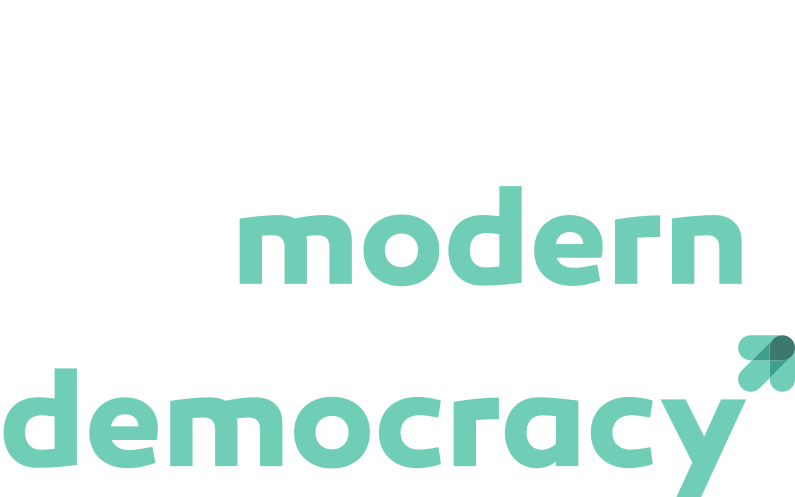Foreign aid excites strong emotions in public debate. But it sometimes seems that both sides of the debate are arguing about different things.
Aid’s critics in the media tend to focus on instances of waste, corruption, misuse of funds, and the overpaying of wealthy western consultants. These issues should be taken seriously. And although there have been many ill-founded tabloid attacks on aid, there have also been important pieces of investigative journalism which have exposed real abuses: the Adam Smith International corruption scandal and Panorama’s recent documentary on links between Britain’s aid and jihadi extremists in Syria are cases in point.
Aid’s proponents point to aid’s statistical achievements, such as the fact that British aid has helped vaccinate 67.1 million children against preventable diseases or the 20 million food rations distributed to Syrian children over the past five years. These achievements are often ignored by aid’s critics, but aid’s supporters are also guilty of giving too little attention to the many serious problems with aid’s distribution.
The Project for Modern Democracy has just released a report that examines almost 50 years of academic evidence on aid’s effectiveness. Our conclusion is broadly positive: although certain negative studies have received disproportionate attention, the weight of the evidence suggests that aid has had a positive impact on development-related indicators such as growth and poverty rates over the long term. Moderate inflows of aid appear to be associated with up to 1.5 per cent additional annual growth, and one study concluded that the GDP of the average aid recipient country would be 30 per cent lower today had aid not been given since the 1960s.
But our report also makes it clear that aid is not perfect, and can sometimes even cause harm. Corruption is part of this, but this is far less significant than is widely believed. A recent report by the National Audit Office found that just 0.03 per cent of DFID’s budget was lost to fraud in 2015/16, and DFID has recovered two thirds of its losses since 2003. One study finds that aid can actually help reduce corruption, and the development expert Roger Riddell argues that, at the very least, “there is no evidence to suggest that aid fuels corruption more than private sector engagement in poor countries; indeed some studies suggest the opposite.”
Arguably more serious are the ways in which aid money can behave like natural resource rents from oil or diamonds, which are well known to be potentially harmful to countries with low levels of governance. Some studies suggest that inflows of foreign money can make governments less accountable to their citizens and undermine democratic institutions, although there are several other studies which arrive at the opposite conclusion.
There is general agreement that aid flows can, in certain situations, push up the value of the recipient country’s currency, harming exports and crippling nascent industrial sectors; however, these problems can usually be avoided if aid is managed appropriately. A more pressing challenge is the high unpredictability of aid flows year on year, despite unusually clear evidence that this creates negative income shocks which can harm growth.
As the figures quoted above show, aid is effective overall despite its problems, though most development specialists would agree that aid could be made far more effective than it currently is. But it is essential to recognise that aid is not an unalloyed good: the form it takes, the way in which it is distributed, and even the timing of its distribution all matter if it is to be as effective as possible.
Aid’s media critics, likewise, would do well to draw a distinction between isolated examples of misuse and the overall value of Britain’s foreign aid programme. DFID is rightly regarded as one of the most transparent and effective aid agencies in the world. Scandals such as Adam Smith International are shocking and should be brought to light, but they should be placed in their proper context – Britain’s aid is subject to more scrutiny than probably any other form of government spending, with its own Select Committee, an independent watchdog (the ICAI), and a dedicated website where members of the public can track individual aid projects down to the last penny. Scandals detract from the overall effectiveness of Britain’s aid programme, but they do not altogether undermine it.
So what is a balanced assessment of aid’s effectiveness? In our estimation, aid can be compared to medicine. Some medicines don’t work, and some can even cause harm if used incorrectly, in the wrong dosage, or at the wrong time. Countries, like patients, are complex systems and do not respond deterministically to outside influences. But doctors continue to give patients medicines, learn from their mistakes, and work hard to improve their procedures, and it could be argued that wealthy countries should continue to give aid to poorer ones.
Overall, the evidence shows that aid has had a positive impact on growth and poverty rates over the long term. The aid effectiveness debate continues to rage in the academic sphere, but the terms of the debate have shifted from ‘does aid work?’ to ‘how can we make aid work better?’. It’s time the public debate caught up with the evidence.

